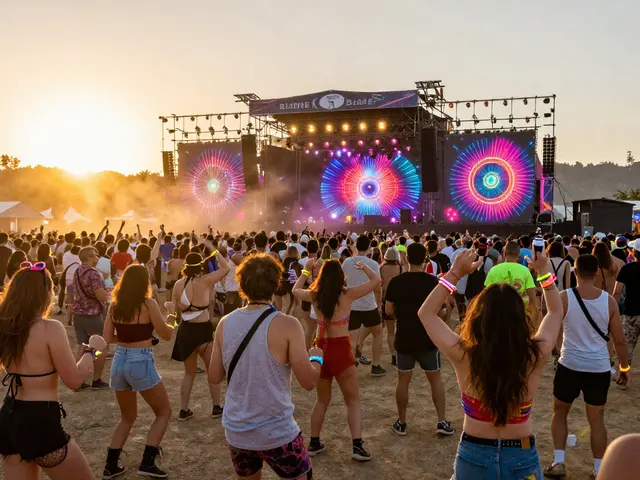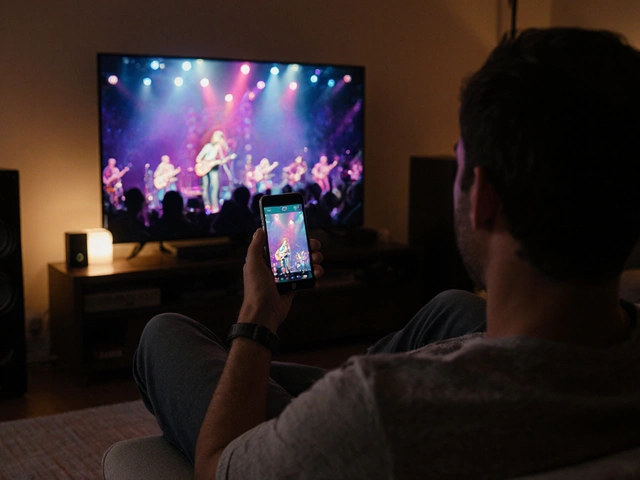Ticketmaster Refunds: How to Handle Your Concert Tickets Smoothly
So, you’ve got your eyes set on a live show, but what happens if plans change and you need a refund from Ticketmaster? It’s a question many concertgoers face, especially these days with events being cancelled or postponed more often. Understanding Ticketmaster’s refund process can save you a lot of stress and keep you ready for any changes.
When Does Ticketmaster Offer Refunds?
Simply put, Ticketmaster usually refunds tickets when the event itself is cancelled—not just postponed. That means if a concert is called off completely and won’t be rescheduled, your option to get that money back kicks in. However, if the event date changes or the venue switches, Ticketmaster might not offer a refund, but will usually honor your tickets for the new date or location.
Keep in mind that refunds aren’t automatic. You’ll often need to request your refund within a certain timeframe after cancellation announcements—sometimes within days. Ticketmaster typically sends out emails when refunds are ready, so keep an eye on your inbox linked to your account.
Tips to Navigate Ticketmaster Refunds Like a Pro
First, always buy tickets using your Ticketmaster account or have your order email handy. This makes tracking your ticket status way easier if something changes. Next, check the event details for any refund policies posted—they can vary depending on the promoter or venue.
If you can't get a refund through Ticketmaster, sometimes the event’s official organizer or venue may handle refunds directly. Don’t hesitate to reach out to them if you’re stuck. Also, be wary of reselling or transferring tickets—once transferred, you might lose refund rights if the event cancels.
Lastly, patience is key. Refunds can take time to process, especially when lots of customers are requesting them after a big cancellation. Ticketmaster’s website and customer service channels are your best bet for up-to-date info.
Understanding these ins and outs will keep your concert plans on track, or at least minimize hassle when changes come up. After all, live music is all about enjoying the moment—not fighting over tickets.






